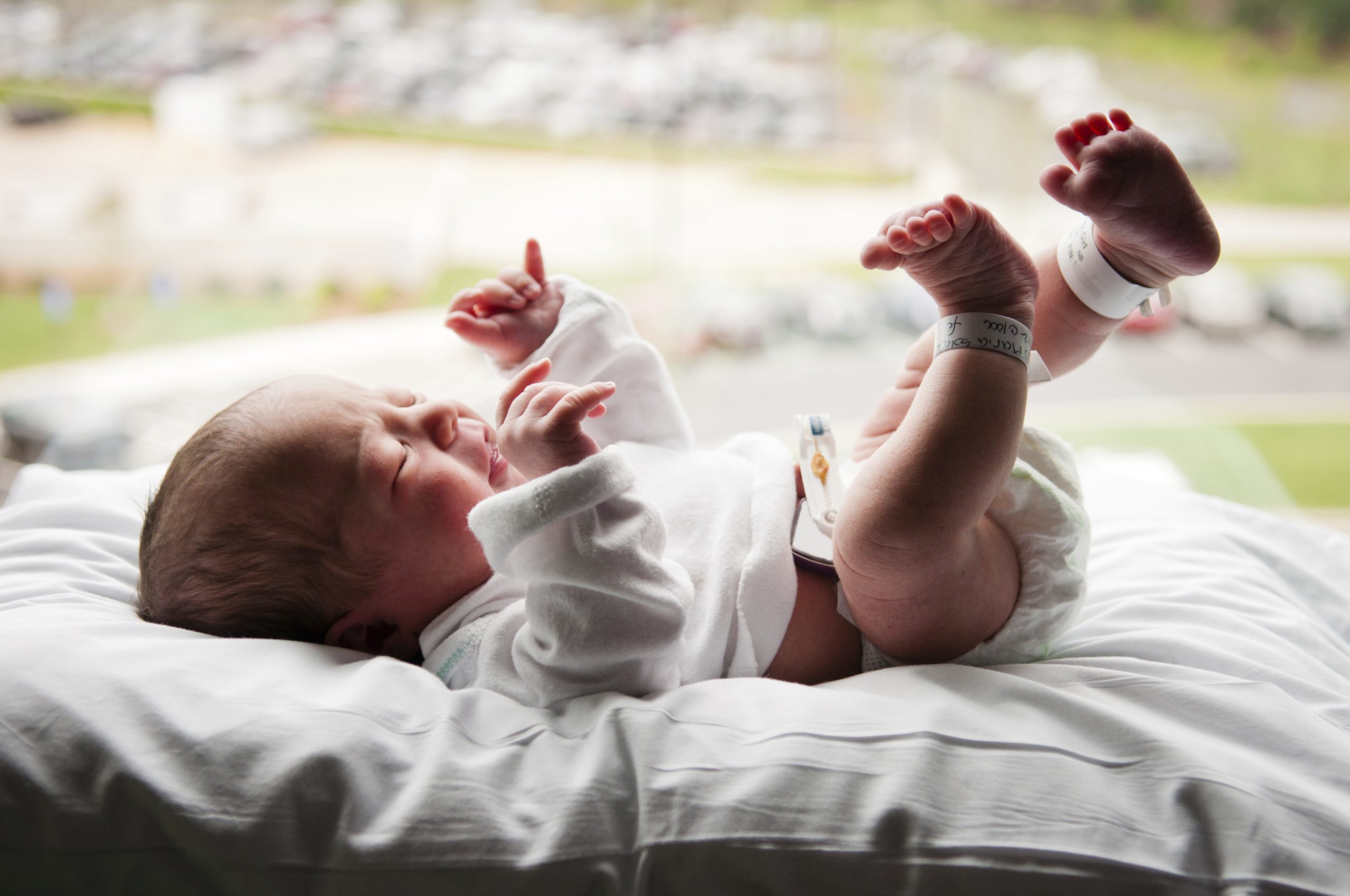Following the decision taken by the Portuguese Parliament to authorise surrogacy in an “altruistic” manner, an article in Figaro questions the “internationalisation of the baby business”. Can we agree to “the use of a woman’s body to produce a child without making the slightest contribution for the nine months of ‘ordered’ pregnancy?
Given the lack of retribution, doesn’t this make the female body a “container” and the child “merchandise”? Isn’t this really tantamount to exploitation, maltreatment?
A gamete donor is essential for both surrogacy and MAP. The difficulties and suffering experienced by adopted children or the children of anonymous donors when investigating their roots are all too familiar. This type of practice will inevitably lead to complex problems surrounding identity and a sense of belonging.
“We are attempting to treat infertility in men and women, but we are ending up with an unfair situation for the children,” explained Anne-Sixtine Pérardel. A counsellor in emotional and sexual behaviour, she raises a valid point that should not be overlooked. According to her, almost all of the people who cannot “naturally” have the child that law and science ultimately bequeath them, receive no support for the damage caused by their infertility. The baby fills the gap – “the child becomes the parents’ tonic and the parents act selfishly, without necessarily realising it”. She claims that, “the baby is not wanted for himself/herself, but in a context of mission accomplished”.
As far as she is concerned, before offering MAP or surrogacy to fill the gap – a step which should not be entered into lightly – a support programme should be devised in an attempt to listen to the real suffering experienced by infertile couples. After all, the baby they ultimately receive can “only be an adequate response to the complex difficulties, emotions and suffering, which inevitably take their toll when people are unable to have children naturally”.
She believes that MAP and surrogacy are “a business exploiting human suffering”.
Le Figaro, Anne-Sixtine Pérardel (17/05/2016)

